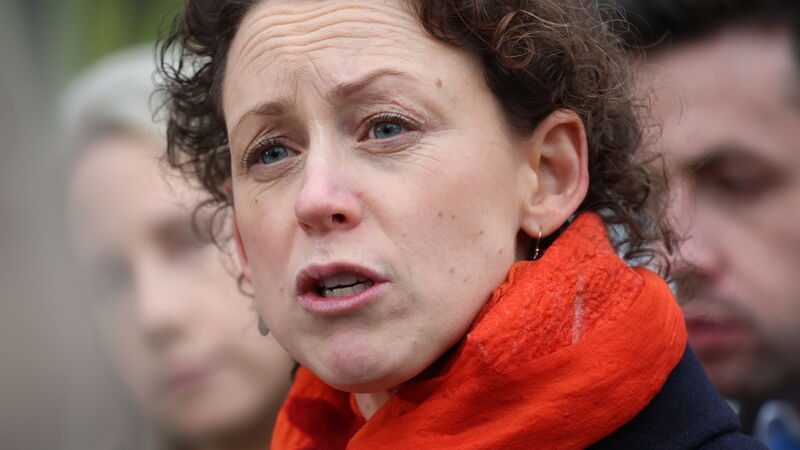Call for halt to HSE outsourcing as State spent €93m on private mental healthcare last year

Labour health spokeswoman and Dublin Central TD Marie Sherlock called for an end to the 'bizarre and wasteful cycle' of the HSE outsourcing health services. Picture: Stephen Collins/Collins
The HSE spent almost €93m on private mental healthcare last year prompting calls for public investment to end a “bizarre and wasteful cycle” of outsourcing services.
Children sent for treatment by the High Court and people with severe eating disorders are among the patients.













